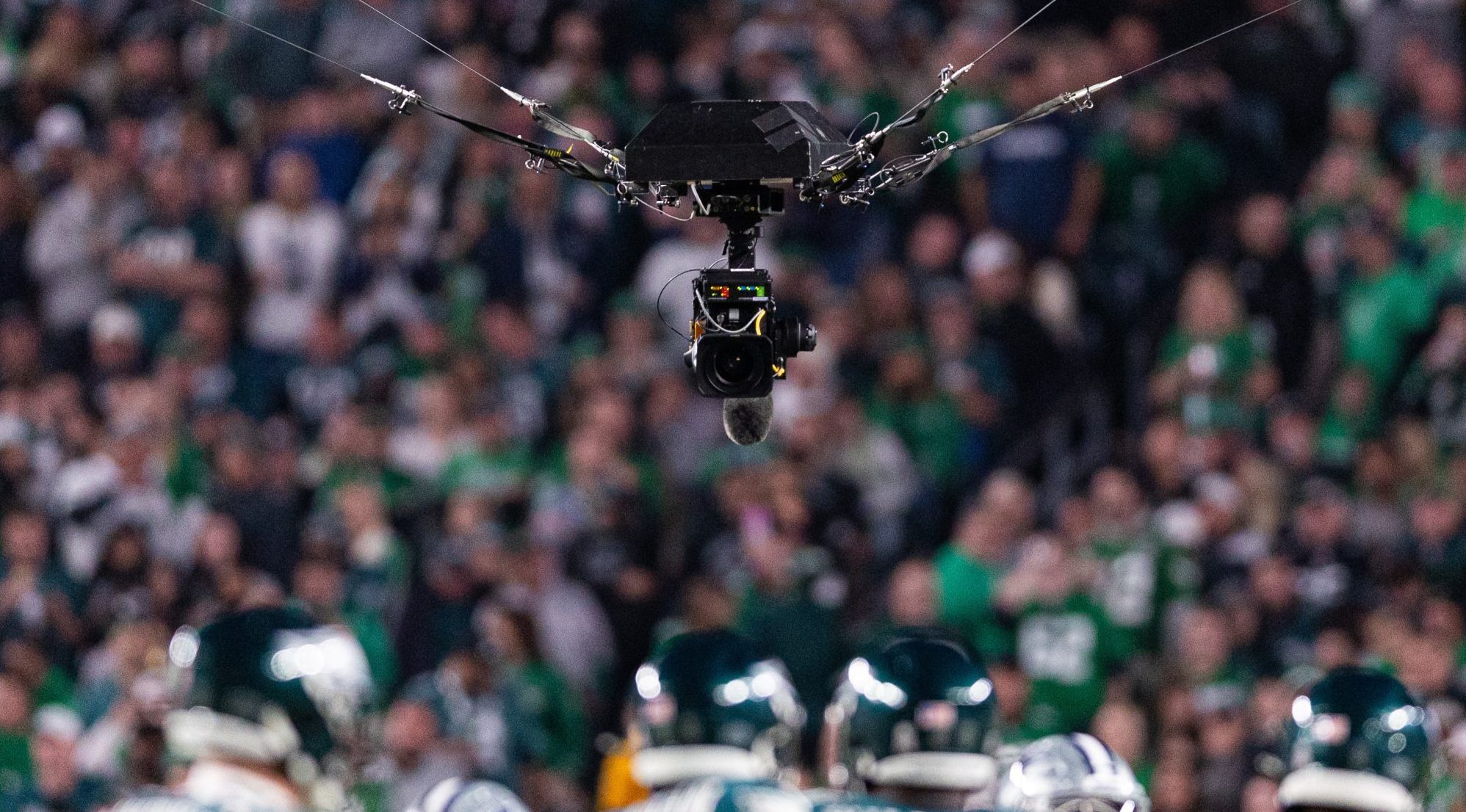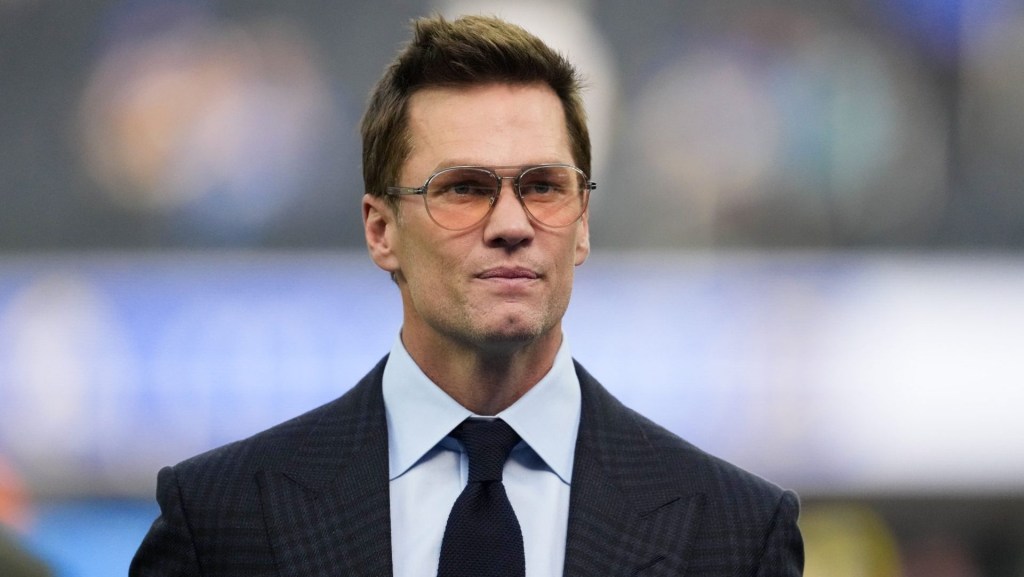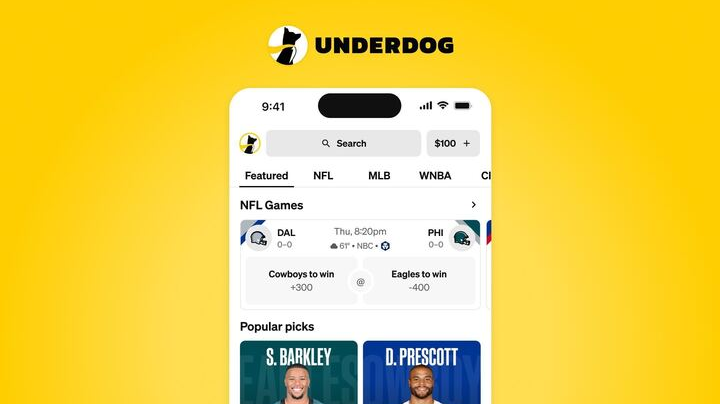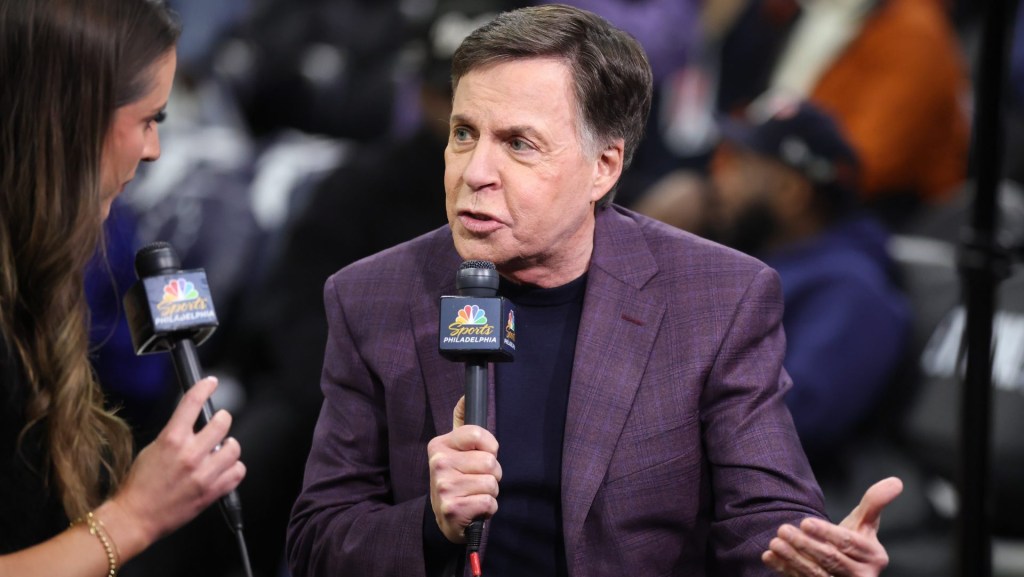Mark Phillip quit his job to start his company Are You Watching This?! in 2006 because, he says, “I hated waking up in the morning and learning there was a great game the night before that I didn’t know about, because it was on some random channel.”
The company sells “real-time sports excitement data” and gambling widgets to customers like Fox Sports, USA Today, Hearst, VSiN, and DraftKings. In 2011, he also launched icantfindthegame.com, which tracks every live sports event being broadcast or streamed at every moment, tells you what channel it’s on, and adds a human rating of the current action (“Ok, good, hot, or epic”). Fourth quarter, game tied? Tune in right now.
The need for such a service is obvious: Sports fans are all suffering from the same headache these days, and it’s building up to a migraine. Where can I find the damn game? What additional service do I have to pay for?
Take the NFL as the best example, though not the only offender: its games are on either NBC, CBS, Fox, ABC, or ESPN… or ESPN+ (one exclusive Monday Night Football game), Amazon Prime (Thursday Night Football), Peacock (two exclusive games last year, one this year), or Netflix (two Christmas Day games). Even coughing up for Sunday Ticket gets you only the 1 p.m. out-of-market games. You’ll still need at least three streaming subs to watch the games exclusive to streamers. Paying for cable (remember cable?) wouldn’t get you all the games. To get every game without cable would run you $788.
The latest sign that even the broadcasters involved in this morass feel your pain is that ESPN added a new feature to its mobile app and website called Where to Watch, and notably, it lists games on competitor networks. It had long been an unspoken practice, by ESPN and others, to avoid directing viewers to games not on Disney networks; that practice has officially ended now, sources tell me, and it’s specifically because live game fragmentation has gotten so bad.
When Phillip saw the news about ESPN launching Where to Watch, “my stomach fell,” he says. But then he tried the product. “ESPN isn’t doing any curation. If you think about what Netflix would be without curation, it would just be a White Pages and you’d have to scroll through. You have to also curate for people.”
TV confusion is what led CBS Sports to create the oft-copied, occasionally automated “How to Watch” posts that include nothing other than a game’s time and channel. TV confusion is how the “What time does the Super Bowl start” SEO game got so big (and silly).
The broader point is it shouldn’t be this hard to find the game you want. But it’s all happening because tech giants are crowding into the room when live sports rights are coming up for bidding.
NBCUniversal Group chairman Mark Lazarus doesn’t sound scared, but he should be. Tech giants like Amazon and Netflix “don’t have the combined reach that we have with broadcast and streaming,” he told me onstage at our Front Office Sports Tuned In summit last month. My take: Having broadcast reach might not outweigh the dollars that the tech giants will soon dangle in front of big leagues. (The NBA already chose Amazon over longtime partner TNT.)
At that same summit, I was struck by the realization that all of our guest speakers—from ESPN, NBC, Scripps Sports, Roku, Teton Ridge, and YouTube—are in the same business these days: live television. Separating the networks from the tech companies, in the context of live sports rights, is almost beside the point. They’re all competing with one another for rights.
Maybe YouTube is best-positioned of all, since, as the company is careful to caution, it’s merely a platform. Apart from its megadeal signed in 2022 to show NFL Sunday Ticket (which YouTube’s top sports exec Jon Cruz described more as an endpoint than the start of YouTube going after more rights), YouTube TV merely shows live programming from other providers in a conveniently curated pane.
Major League Soccer took its primary package to Apple TV, so we’ve seen this shift begin. But in a future where an entire season of a major league is exclusive to Amazon or Netflix, you’ll need to leave YouTube and head to the walled gardens of other apps. The headache persists.
This was the thinking behind Venu Sports, the sports-specific pay-TV app cooked up by the triumvirate of Disney, Fox, and Warner Bros. Discovery. It was set to launch in time for this NFL season—until FuboTV sought and won a temporary injunction that stopped Venu from launching. Fubo argued it was anti-competitive that these mega broadcasters weren’t willing to license out just their sports channels to other TV apps, but were going to do it for their own joint venture. (A trial is set for a year from now.)
My guess is Venu won’t see the light of day, but it was a nice idea for sports fans: far more of the games in one place. What all sports fans want, of course, is a single, simple app (tell me the price, I’ll pay it!) that shows every single NFL game. Of course, that can never happen when the rights are parceled out to so many different companies that compete with one another. Or can it?
Venu won’t be the last attempt by competitors to come together on one product that would wield huge pricing power. “The great rebundling will happen,” Phillip says. “People will be tired of dealing with all the splintering.”







![[Subscription Customers Only] Jun 15, 2025; Seattle, Washington, USA; Botafogo owner John Textor inside the stadium before the match during a group stage match of the 2025 FIFA Club World Cup at Lumen Field.](https://frontofficesports.com/wp-content/uploads/2026/02/USATSI_26465842_168416386_lowres-scaled.jpg?quality=100&w=1024)
![[Subscription Customers Only] Jul 13, 2025; East Rutherford, New Jersey, USA; Chelsea FC midfielder Cole Palmer (10) celebrates winning the final of the 2025 FIFA Club World Cup at MetLife Stadium](https://frontofficesports.com/wp-content/uploads/2026/02/USATSI_26636703-scaled-e1770932227605.jpg?quality=100&w=1024)








